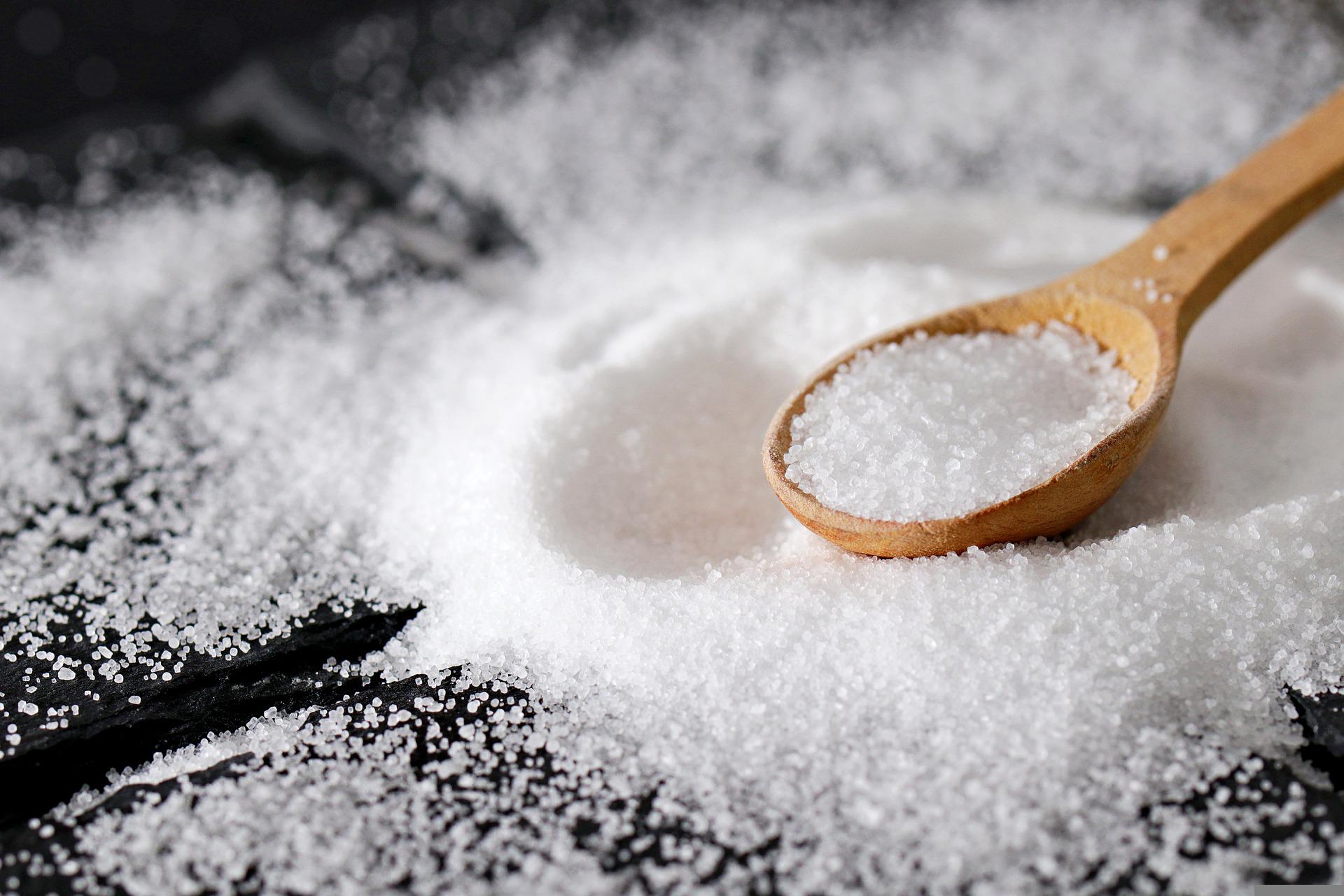
Sodium is a component of sodium chloride (NaCl), a salt consumed daily through food. Sodium, a nutrient that plays an essential role in maintaining life, is present in blood, cell fluid, and skeleton. It not only helps the balance of water and electrolytes, but also plays a role in maintaining the osmotic pressure of cells. In addition, it plays a role in helping the digestion and absorption of ingested food by participating in the production of digestive juices while delivering muscle movement and stimulation of the brain and nerves. Sodium plays an essential role in normal metabolism, but when consumed in excess, it causes various physical abnormalities through increased osmotic concentration of body fluids and increased peripheral blood vessels. In particular, these induced problems can lead to the development of various types of adult diseases and various chronic complications, so it is necessary to change habits to reduce excessive intake. So today, let’s take a closer look at the problems caused by excessive sodium intake. Problems with excessive sodium intake
1. Increased blood pressure
Excessive intake of foods containing sodium causes an increase in blood pressure, the pressure on the walls of blood vessels. Osmotic pressure refers to the pressure that occurs when water moves from an area of low concentration to an area of high concentration. Sodium maintains the osmotic pressure of cells and helps normal metabolism. When sodium intake is excessive, the osmotic concentration of body fluids is increased excessively, the blood volume rapidly increases, and the blood vessels inflate, resulting in an increase in blood pressure. And this increased blood pressure acts as a cause of diseases such as high blood pressure, stroke, and myocardial infarction.
2. Impaired kidney function
The kidneys, also called kidneys, are pairs of organs located on the back of the abdomen. It filters metabolites and wastes out of the body, and maintains a constant amount of water, electrolytes, and acidity in the body. Excessive intake of sodium-containing foods overloads the kidneys’ ability to regulate water and sodium. In addition, it damages the capillaries inside the kidneys and releases calcium inside the kidneys, increasing the risk of developing various kidney-related diseases such as kidney failure and kidney stones.
3. Destruction of gastric mucosa
Excessive intake of salty foods with high sodium content destroys the mucus layer that protects the gastric mucosa, which continuously destroys the gastric mucosa. In addition, it interferes with the secretion of peptin, one of the digestive enzymes, and causes gastrointestinal problems such as diarrhea and indigestion. In addition, it creates ulcers and activates the activity of bacteria, increasing the possibility of various gastric diseases such as gastritis and gastric ulcer. In particular, active bacteria cause the production of carcinogens, so the continuation of eating habits that consume too much salty food also affects the incidence of gastric cancer.
4. Increased risk of developing osteoporosis
Osteoporosis is a disease of the skeletal system that weakens the bones and makes them prone to fractures. For prevention and management, it is very important to maintain a constant level of calcium, a mineral that helps bone structure and maintenance, in the body. However, if you consume too much sodium, as the concentration of sodium in the body increases, sodium excretion through urine increases. As sodium is excreted, calcium is also excreted, which increases the risk of osteoporosis.
other problems
In addition to the aforementioned problems, it is also said to affect weight gain. If you enjoy eating salty foods high in sodium, your craving for sweet foods will also increase, which will increase your intake of sugary drinks and processed foods. It may also decrease the effect of the hormone leptin, which suppresses appetite, which increases the risk of overweight and obesity by increasing the urge to eat even after satiety. In addition, it is reported that excessive intake of sodium causes various problems such as headache, immune function abnormality, fatigue, worsening of asthma symptoms, and edema.
How to prevent excessive sodium intake
In order to prevent excessive sodium intake, it is very important to manage a low-sodium diet that reduces salt intake. It is recommended to reduce the intake of processed foods, fast foods, stews, salted fish, and salted foods high in sodium, and to reduce the use of salt, seasonings such as soy sauce, soybean paste, and red pepper paste, and chemical seasonings when cooking food. It is also important to eat a balanced diet of vegetables and fruits that help to excrete sodium. In particular, potassium helps maintain normal blood pressure by maintaining a normal balance with sodium, so it is recommended to consume enough. Foods high in potassium include bananas, avocados, potatoes, melons, kiwis, watermelons, tomatoes, and spinach. However, if you have kidney problems or related diseases, it is better to be careful because eating foods high in potassium can cause problems.
































